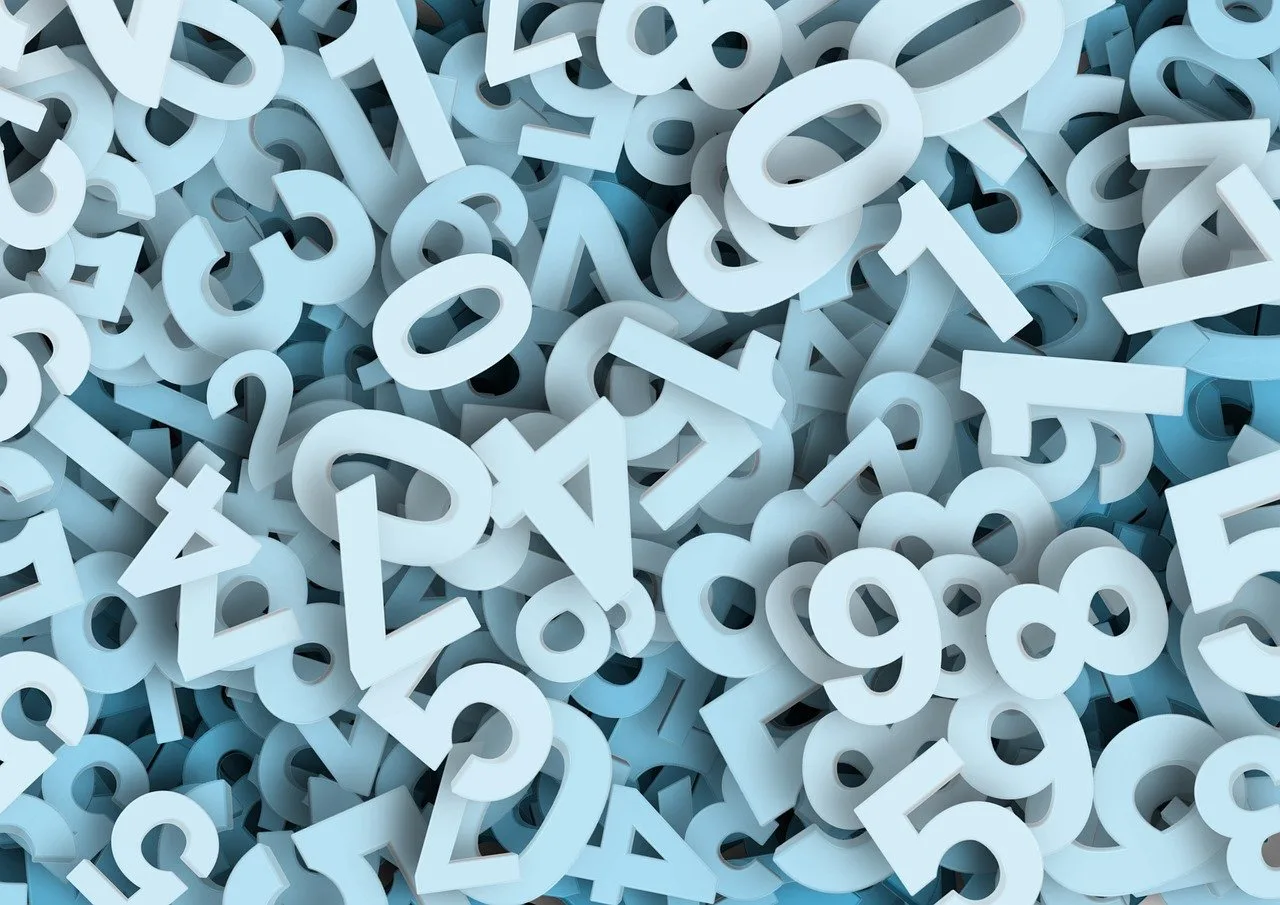
What is a DUNS number and how can I get it?

The DUNS number is a unique nine-digit number that identifies commercial enterprises at a specific location. The DUNS number, which is assigned and managed by Dun & Bradstreet (D&B), is widely used as the standard business identifier.
Businesses do not receive or need social security numbers. They can, however, receive a unique nine-digit identification number through a system almost as common as the Social Security system. If you own a business or are thinking about starting one, we urge that you learn more about the DUNS number’s uses, benefits, and drawbacks.
Your DUNS number will be directly linked to your company’s credit record and will be critical in obtaining loans and financing for your business. Suppliers and lenders will be able to better analyze your company’s creditworthiness with your DUNS number and business credit report.
What exactly is DUNS?
The Universal Data Numbering System (UDNS) is a corporate identity database created by Dun & Bradstreet, a privately held organization, in 1963. According to Dun & Bradstreet, practically any business entity (non-profits, sole traders, limited liability companies, partnerships, corporations, and even government entities) can apply for and receive a unique nine-digit DUNS number. There are currently 225 million numbers like this. DUNS numbers may be given with or without commas to make them legible: XX-XXX-XXXX or XXXXXXX.
Subsidiaries and affiliates of large corporations may also be given unique numbers. For example, if Acme Widget Company owns Acme Distribution Company entirely, the two companies’ DUNS numbers may differ. And, technically, any single place – such as two Chipotle restaurants across town or two separate corporate divisions occupying different spaces in the same building – might claim a unique number.
DUNS+4
At this level of organization, however, a company may choose to use DUNS+4. This is a DUNS number at the parent or child level with a four-digit suffix that assists suppliers, customers, and government agencies in identifying smaller divisions for accounting purposes. Unlike the main DUNS database, Dun & Bradstreet does not keep track of these four-character suffixes; the corporations do. You probably won’t have to worry about DUNS+4 right away if you own a small business.
What is the purpose of a DUNS number?
Each D-U-N-S number brings information relevant to the company it represents.
Confirmation of existence and activity
Your DUNS number indicates to your suppliers, customers, vendors, and anybody else who may do business with you that your firm or organization is active. When a business ceases operations, the record is closed to reflect this.
Demographic information
Your DUNS entry is an official, complete directory that allows others to find and learn about your business. It includes the company’s geographical location, contact information, information about the owner, business structure, industry, number of employees, aliases (“business as”), and historical financial data.
Corporate relations
Because DUNS numbers are assigned at random, their numbers don’t really matter. They do, however, allow you to identify relationships between linked businesses. If your business is part of a larger corporate structure, your DUNS record reflects this by linking to the records of your subsidiaries, affiliates, and parent firms.
Your DUNS number also provides many permissions. It is required when applying for a government contract and, in some situations, when doing business in another country. It also informs your lenders and suppliers about your company, which boosts your credibility and may make it simpler to obtain a good loan or line of credit.
You can also get information about other companies using their DUNS numbers. This can assist you in finding possible clients or partners and making an informed decision about whether or not to work with them and how.
DUNS number main characteristics
Each DUNS number has the following characteristics:
Longevity
The D-U-N-S number is permanent once granted, regardless of ownership or residency changes, or financial events such as bankruptcy. If a company liquidates its assets and goes out of business, its DUNS number is no longer valid.
Global use
The DUNS system is global. As of August 2013, there were approximately 225 million unique D-U-N-S entries from businesses in approximately 190 countries. No other business register, even internationally, has so many entries.
Compatibility with national business registration systems. Many governments rely on DUNS as the de facto business registration for the companies with which they do business. For example, the US Central Contractor Registration System relies heavily on DUNS numbers to identify businesses: you must first apply for a DUNS number. DUNS is the only approved method in many nations for identifying enterprises based in other countries, even if they do not do business with the local government. In Germany, a national business registration known as the Unique Partner Identification Key (UPIK) classifies enterprises using DUNS numbers.
How to apply for a DUNS number
You can apply for a DUNS number through Dun & Bradstreet. It’s free, although DUNS registration is included with some of Dun & Bradstreet’s paid credit monitoring and business intelligence products, such as the Small Business Starter.
Before registering, check if your company already has a DUNS number – this may be the case if you purchased the company from the previous owner. You can search for your company name in D&B’s online database or call (866) 705-5711 and ask for a representative.
If you do not already have a DUNS number, you can obtain one by dialing the number shown above, which is available from 8:00 a.m. to 6:00 p.m., seven days a week, in all US time zones. You can also apply online via the Dun & Bradstreet website or the federal government’s Central Contractor Registration System (CCR), which serves as a portal for all U.S. government contractors. It may take up to 30 days to acquire your number after you submit your application. Paid D&B programs, such as Small Business Starter, can cut this time down to two business days.
To apply for a D-U-N-S number, you must supply the following information:
- your company’s name, address, and year of incorporation
- the name of its owner legal structure (partnership, LLC, sole proprietorship, etc.)
- basic description of the company’s operations
- total number of employees (full-time and part-time).
The information in your DUNS creates opportunities for your business and for other people who want to do business with you:
Dun & Bradstreet claims to spend over $1 million a day maintaining the DUNS database, checking and updating each item’s data. Accordingly, you can trust the accuracy and relevance of your DUNS listing data and the companies with which you do business. Many electronic business directories, such as Manta, do not offer this guarantee.
Collaboration with government organizations
You will be unable to apply for a contract with any government agency or acquire a loan if you do not have a DUNS number. You cannot also work with the United Nations or many foreign governments, yet if you want to conduct business with a foreign organization, you should contact the appropriate sources.
Do business with foreign companies
Even if you don’t need to do business with a government agency in the United States or abroad, you may wish to do business with foreign private enterprises. Since DUNS is the de facto business registry in many countries, the DUNS number is the easiest way to determine your legitimacy to potential foreign clients. Depending on local government policy, your company may also be required to obtain a DUNS number before opening a branch or subsidiary in another country.
Build trust with your creditors
Lenders may contact your DUNS number as part of their due diligence to acquire basic financial and demographic information about your company. Dun & Bradstreet may also be used to gather credit reports and commercial information about your organization. Because this information is owned by Dun & Bradstreet, potential lenders may not have a thorough picture of your company’s finances and operations if you do not have a DUNS number, which may lower your chances of being granted credit.
Manage risk more effectively with your customers
If your company provides lines of credit to its customers, you can use their DUNS numbers to better understand their overall condition. For example, even if one of the client companies looks financially healthy, its parent company may be in trouble. By identifying the link between the two, DUNS can help you spot a potential problem before the company goes out of business or terminates a contract.
Maintain better buying power with suppliers
Your company may do business with multiple suppliers who are all part of the same corporation, but the link between them is not always clear.
You can identify hidden corporate connections and use them to your advantage when negotiating contracts with suppliers by studying each supplier’s DUNS data. For example, instead of buying from four different suppliers owned by the same parent company, you can buy four times as much from one supplier and get a big discount in rewards.
Get more information about potential customers
If you are running a B2B company, your success depends on your ability to identify the most promising customers and turn them into paying buyers. The DUNS database of demographic, financial, and contact information for millions of companies allows you to find and connect with the companies most likely to need your products and services.
Quickly obtain your SSL certificate
If your company wants to build an e-commerce portal, it needs to apply for an SSL certificate, which is a critical security safeguard for online transactions. Typically, organizations that provide such certificates require full contact, ownership, and demographic information for each applicant. Your DUNS record contains all of this information, allowing the SSL certificate issuer to quickly verify your company’s identity and activate the certificate. Without a DUNS number, the SSL issuer may request that you transmit documentation through fax or email, which significantly lengthens and complicates the application process.
Potential disadvantages
Having a D-U-N-S number has many benefits, but it is also important to understand the system’s limitations and potential disadvantages.
Dun & Bradstreet profits from DUNS
Although DUNS is a global corporate register, Dun & Bradstreet doesn’t manage it out of altruism. D&B (and Dun & Bradstreet Credibility Corp., a former subsidiary that offers comparable services) constantly encourages you to sign up for services like credit monitoring and business reporting once you’ve entered the database, which can be annoying.
Actual monopoly on business identification
In the US, European Union, Australia, and elsewhere, DUNS is the most popular and comprehensive business identification database – to the point where it has no real competition. This situation can increase the overall cost of the system for governments and the companies that use it.
For example, according to the Office of Government Accountability, the federal government’s contract with D&B has been worth more than $150 million since 2010. To determine if another system would be feasible (and cheaper) or perhaps simply to pressure D&B into future contract negotiations, the government is looking into alternative business identification systems. However, it is not clear how much, if any, savings will be made by switching to another system.
It is not entirely transparent
DUNS contains information that is owned by Dun & Bradstreet. It is not required to sell or transfer any DUNS information that may prohibit future migration to another company identification system. While D&B is the federal government’s de facto business register, it is not required to comply with press or public inquiries under the Freedom of Information Act (FOIA), making it difficult to independently verify the information in its database.
source
https://cs.lutums.net/articles/what-is-a-d-u-n-s-number-and-what-is-it-used-for-dun-bradstreet.html
Jaké je DUNS číslo pro moji společnost a jak jej získat? (offshorecompanycorp.com)
How to get started with 360 WEDO?
Send us the form and our specialist will contact you shortly




